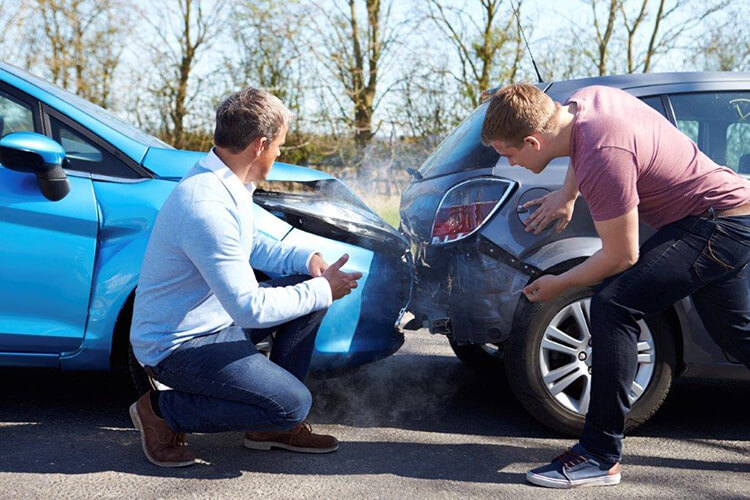Driving on the road comes with the risk of being involved in a crash. The aftermath of car accidents can be very stressful, depending on the nature of the crash. Starting from the trauma of impact to long-term anxiety about getting back behind the wheel, it is important that one regulates the emotional stress from such an incident so they can recover. Here are some tips that might help you regulate your stress after being in a car accident.
Talk It Out With Family, Friends, Or A Counsellor
Any experience that is extremely disturbing or distressing can be termed as a traumatizing experience. It doesn’t have to be a life or death situation, as is the misconception, for it to have severe mental and emotional repercussions.
In case of a car crash, the driver and any passenger or even a bystander witnessing the car crash can experience trauma that manifests in various forms. Anger, frustration, anxiety, depression, and Post Traumatic Stress Disorder (PTSD) are all common effects on mental health that one can experience after a car crash. If left unchecked, these can lead to avoidance behaviour. The important thing for you is to talk it out with family and friends or seek professional help from counsellors to process the car accident. It aids you in the process of getting over it and regulating your emotions.
Learn How to Drive Defensively
People involved in a car crash might often ruminate over their own or the other party’s mistake and the consequences it leads to. It can create fear or anxious responses to car rides, especially getting back behind the wheel. One way to reduce the stress of driving after an accident is to learn how to drive defensively.
It is a strategy that employs tactics to mitigate risks on the road. You can start by refamiliarizing yourself with car accident-related laws, driving laws, and safety regulations. Go through the routine of understanding what are common causes of car crashes and strategies used by drivers to avoid them.
Common tactics of defensive driving involve keeping a reasonable speed limit, avoiding distractions like eating or texting while driving and abstaining from taking the wheel if you are tired. With defensive driving, you might be able to boost your confidence again when hitting the road.
Get Back Into Your Daily Routine
As mentioned before, car crashes take a toll on your mental health, leading you to avoid many things from your daily routine. You might not want to drive to work or to social events or just generally have a fear of road transportation. These effects can adversely affect your life, in many ways isolating you socially and harming your job or career.
While a temporary break may be very beneficial, allowing you to recalibrate, it is vital for people struggling with the effects of a car crash to consult help to ease themselves into their daily routine. You can start with consulting your doctor about your struggle with your former routine and where the cause of concern lies.
This will help you and your doctor chalk out a plan of action for you to get back into the swing of things. This can include taking small steps to make you comfortable on the road and boosting your confidence. You might also benefit from reaching out to your family and friends for support in your recovery.
Get Into Physical Activities And Staying Fit
Staying fit is important as a whole lifestyle choice since it can greatly improve your quality of life. It can even be a lifesaver in cases like a car crash since a fit and healthy body is much less prone to serious injuries or health problems.
Even after a car crash, getting back into physical activities can accelerate your mental and physical recovery. It is important to consult your doctor after a crash to get an understanding of your injuries and give your body adequate rest.
After that, easing your body into a light, doctor-recommended exercise regimen will help you get back into a normal routine as it allows your body to heal and regulate your emotions. Physical activity has many therapeutic benefits, especially if you incorporate meditation. This way, you can work on managing your stress and anxiety as well as physical health.
The severity of your stress and anxiety after a car crash depends on the nature of your accident. While some may find it easy to bounce back, others may have a longer, more challenging journey. Regulating stress after a traumatic experience like a car crash looks different for everyone, but it primarily revolves around seeking support, consulting professionals, and easing yourself back into fitness and normality.
